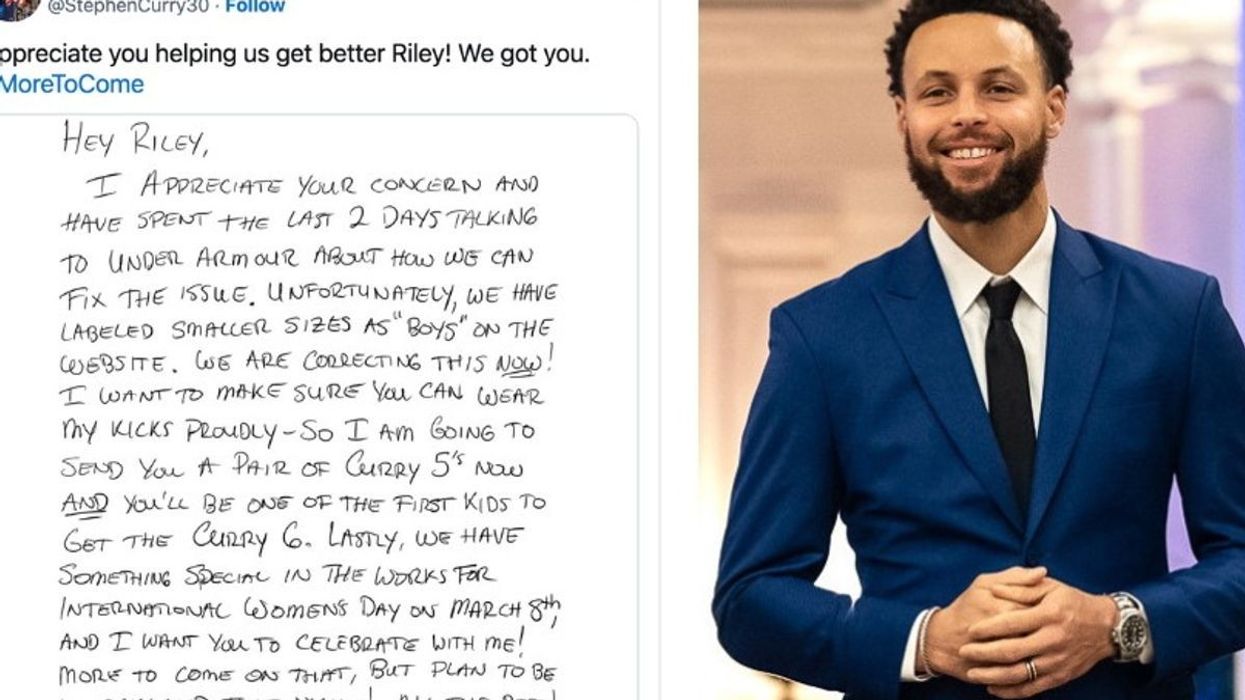In spite of warnings from some of science’s biggest brains that artificial intelligence will doom us all, the world keeps moving closer to an Asimovian future in which robotic helpers become an inexorable part of our daily lives. Leading the charge toward our mechanized destiny is none other than Google, whose recent acquisitions of multiple robotics firms have vaulted the tech giant onto that field’s cutting edge. As WNYC’s “On The Media” podcast reported last April, the buyout of companies like Redwood Robotics and Boston Dynamics went relatively unexplained by Google, resulting in intense media speculation as to what the internet juggernaut has in mind.
Now, a new piece of Google’s robotic puzzle has, perhaps, fallen into place. News broke this week that the company had been awarded a patent that outlines a system by which robots could download different “personalities” stored, as with most things Google, in the cloud.
Here’s how Google’s newly issued United States Patent 8,996,429 describes itself:
Methods and systems for robot and user interaction are provided to generate a personality for the robot. A robot may access a user device to determine or identify information about a user, and the robot may be configured to tailor a personality for interaction with the user based on the identified information. A robot may further receive data associated with the user to identify the user, such as using speech or face recognition. The robot may provide a personalized interaction or response to the user based on the determined information of the user. In some examples, a robot's personality or personalization can be transferred from one robot to another robot, or information stored on one robot can be shared with another robot over the cloud.
This would allow for robots with modular personalities, capable of switching identities—or sharing them between bodies—based on who the bot is interacting with, and what they’re doing at the time. It’s an innovation that seems both optimistically cool, and pessimistically creepy, all at the same time.
Before you start to celebrate/panic over our new robotic future, Quartzpoints out there’s no guarantee this patent will ever become operational in a meaningful, commercial way. Companies will often lock down patents, and then leave the project in the R&D phase for any number of reasons. And even if the technology behind this particular patent comes to fruition, don’t assume that necessarily means you’ll be buying a multiple-personality C-3PO to tidy the house anytime soon; The current trend for interactive artificial intelligence seems to be geared toward improving personal assistants like Apple’s Siri and Microsoft’s Cortana. Robotics, meanwhile, is more occupied with coaxing natural movement out of decidedly unnatural objects. Both fields have a long ways to go before merging to create the type of autonomous mechanical being seen flicks like Short Circuit, and the more recent Chappie.
By locking down their patent, though, Google seems to be signaling that when the time comes for robot butlers and mechanised maids, they’ll be ready.













